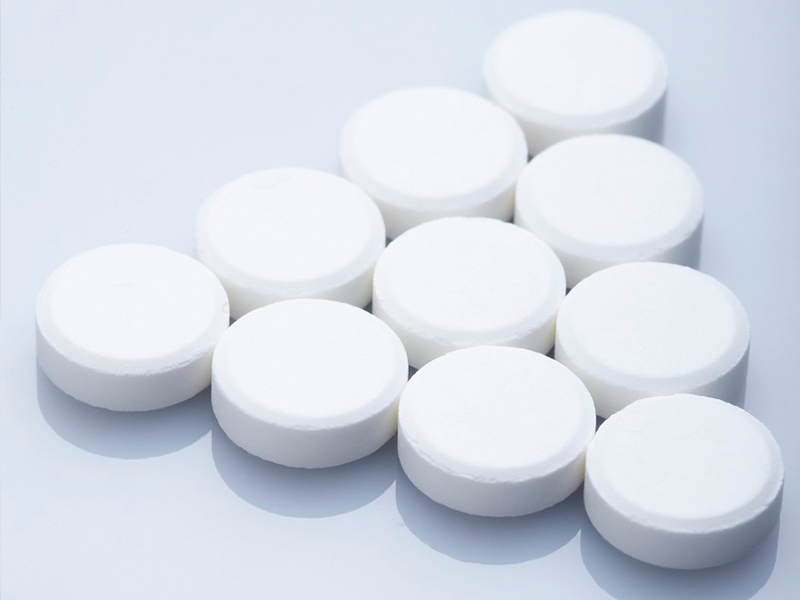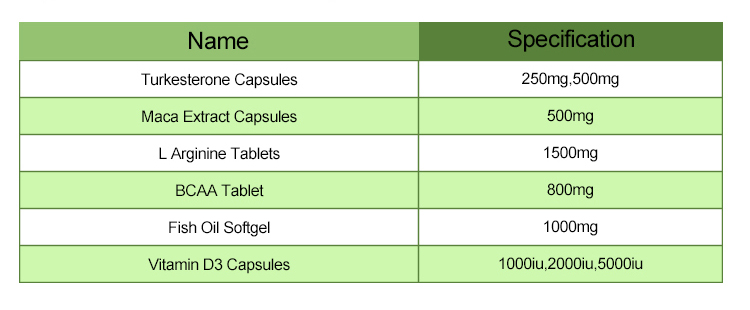BCAA (Branched-Chain Amino Acids) supplements are popular among athletes and fitness enthusiasts for their potential benefits in muscle growth, exercise performance, and recovery. BCAAs consist of three essential amino acids: leucine, isoleucine, and valine, which are not produced by the body and must be obtained from diet or supplementation. BCAA tablets are a convenient form of delivering these amino acids, but their effectiveness, side effects, and special considerations should be understood before use.
Effectiveness of BCAA Tablet:
Muscle Growth: BCAAs, especially leucine, have been shown to stimulate muscle protein synthesis, potentially promoting muscle growth when consumed alongside resistance training.
Exercise Performance: Some studies suggest that BCAA supplementation may reduce exercise-induced fatigue, leading to improved endurance and performance, particularly in endurance sports.
Recovery: BCAAs might help reduce muscle soreness and accelerate recovery following intense exercise.

Side Effects of BCAA Tablet:
Generally Safe: BCAA supplements are considered safe for most people when taken at recommended doses.
Digestive Issues: Some individuals may experience gastrointestinal discomfort, such as bloating, diarrhea, or nausea, especially when consuming high doses.
Interference with Glucose Metabolism: High doses of BCAAs may interfere with glucose metabolism, potentially worsening insulin resistance in individuals with diabetes or metabolic disorders.
Neurological Effects: There’s some concern that excessive intake of BCAAs may affect neurotransmitter balance, possibly leading to neurological symptoms in susceptible individuals.
Special Considerations of BCAA Tablet:
Dosage: The optimal dosage of BCAAs can vary depending on factors such as body weight, exercise intensity, and individual goals. Generally, doses between 5-20 grams per day are common.
Timing: BCAAs are often consumed before, during, or after workouts to maximize their benefits on muscle protein synthesis and recovery.
Combination with Other Supplements: BCAAs are often included in pre-workout or intra-workout supplements alongside other ingredients like caffeine, creatine, or electrolytes.

Individual Response: Like any supplement, individual responses to BCAAs can vary. Some people may experience significant benefits, while others may notice minimal effects.
Medical Conditions: Individuals with pre-existing medical conditions, especially those affecting kidney function or glucose metabolism, should consult a healthcare professional before taking BCAA supplements.
In conclusion, BCAA tablets can be effective for promoting muscle growth, enhancing exercise performance, and aiding recovery, especially when combined with regular exercise. However, users should be mindful of potential side effects and consider individual factors before incorporating BCAA supplementation into their regimen. Consulting with a healthcare professional or a registered dietitian is advisable, especially for those with underlying health conditions or concerns.
